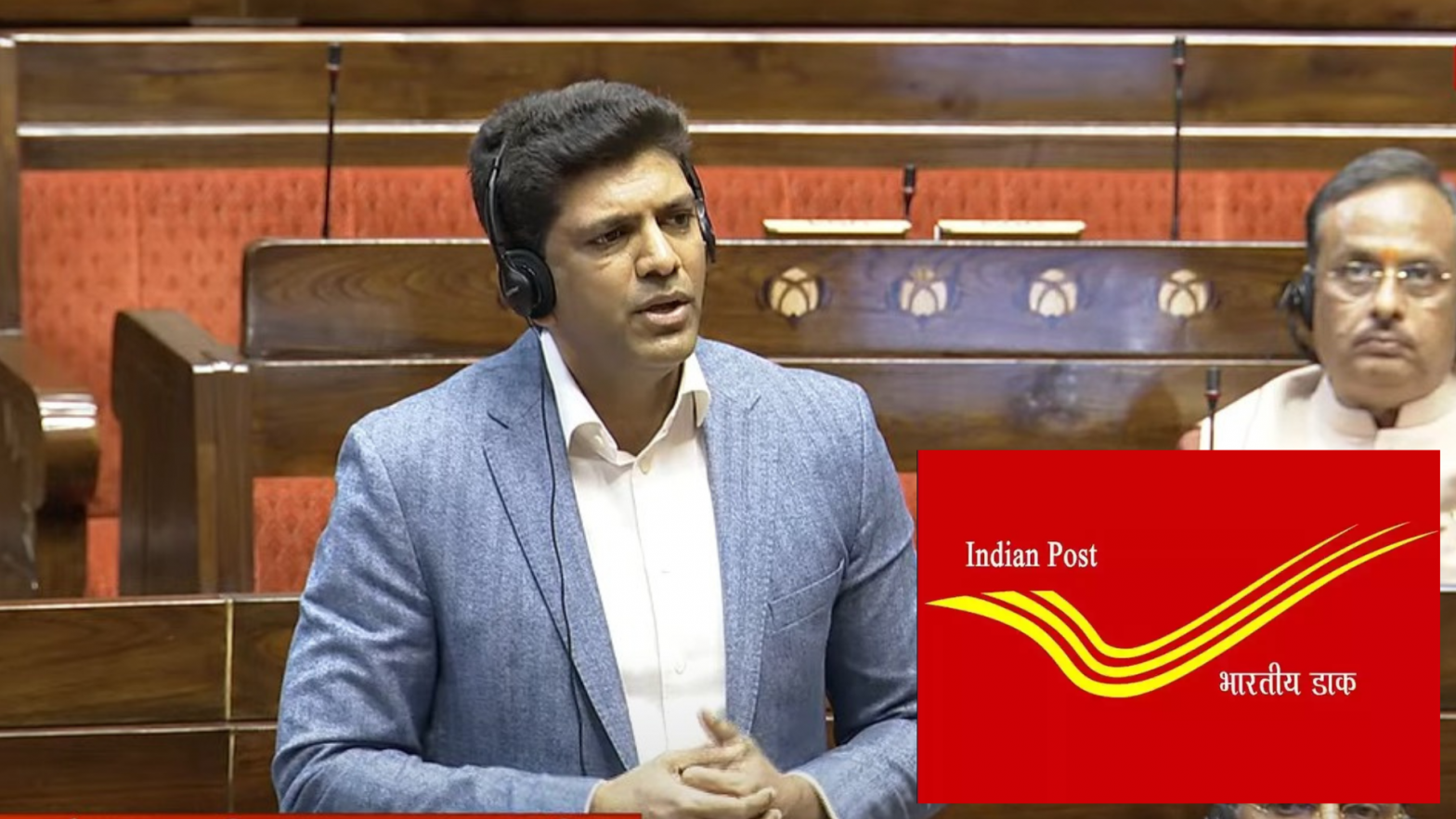NEW DELHI: Union Minister of State for Communications, Dr. Pemmasani Chandra Shekhar, highlighted the significant modernization of India’s postal system during a session in the Rajya Sabha. He stated, “Post offices have been transformed under the visionary leadership of Prime Minister Narendra Modi ji to be a backbone of financial inclusion for rural communities, especially women.”
He emphasized the success of India Post Payments Bank, noting, “On average, national banks have around 20% women account holders. However, since the launch of India Post Payments Bank, 45% of the accounts opened are by women.” This, he said, reflects Modi’s vision for women-led development.
To enhance financial accessibility, the postal department has deployed 1.4 lakh mobile phones, thermal printers, and biometric devices, enabling postmen to act as mobile ATMs providing doorstep banking services. “We have spent ₹5,700 crore on IT modernization, ensuring rural households receive accessible and affordable financial services,” the Minister added.
Dr. Chandra Shekhar also highlighted the success of the One District, One Product (ODOP) initiative, implemented through District Nodal Kendras (DNKs). “These DNKs have facilitated 2.2 lakh shipments, generating ₹54 crore in revenue,” he shared. This process, integrated with global customs APIs, allows rural women to export their products seamlessly via local post offices.
Despite these advancements, challenges remain. Member of Parliament P. Wilson raised concerns over issues such as vacancies for Scheduled Castes (SC), Scheduled Tribes (ST), and Other Backward Classes (OBC), inconsistent postal PIN code changes, and competition from private courier services. “Today, I reside in a postal PIN code area of 6,29,000. Suddenly, it is changed to 6,30,000, creating confusion,” Wilson said, while also highlighting the lack of reliable internet connectivity in some rural areas.
In response, the Minister assured that recruitment adheres to government norms and that IT modernization has significantly improved connectivity. “Before 2014, there was no internet in many areas. Now, every post office has a minimum of two internet connections, and over 95% of rural areas are 4G connected,” he explained. Additionally, 22,000 computers have been upgraded to enhance services. The Minister invited members to report specific grievances and pledged prompt resolution.
As discussions concluded,The Chairman of the Rajya Sabha, Jagdeep Dhankad, expressed his appreciation for Dr. Shekhar’s preparedness and articulate response. “I think the sense of the House should be that the Hon’ble young Minister faced the bouncers rather well, and performed well,” he remarked, acknowledging the Minister’s effective communication and leadership in shaping the future of India’s postal services.










